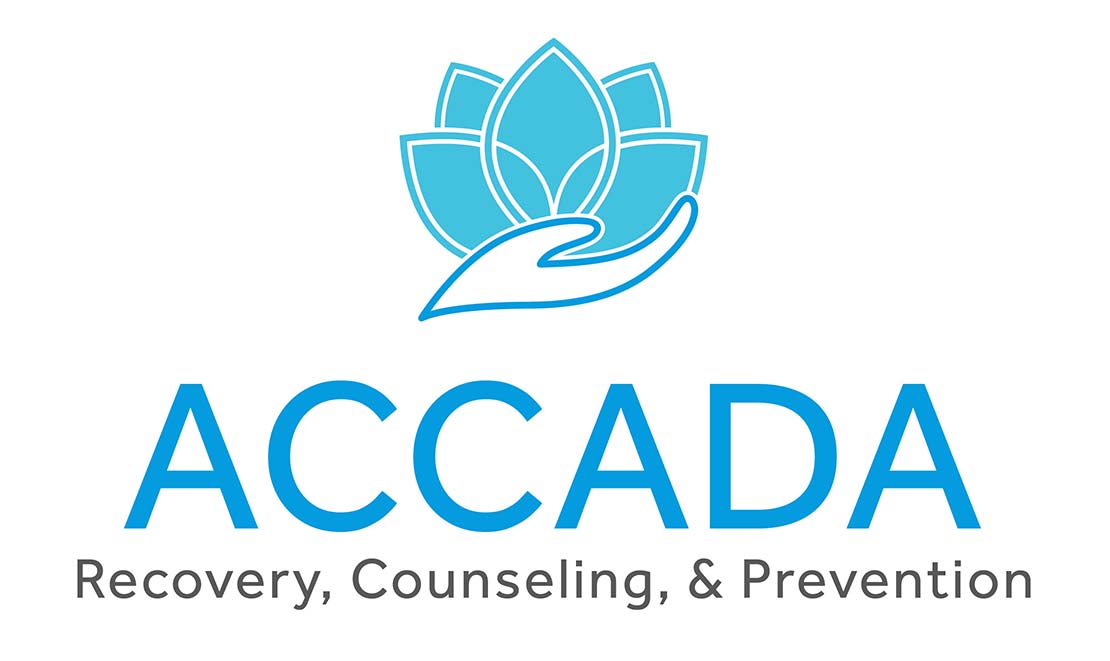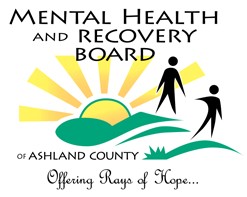What to Expect from Alcohol Withdrawal

You had a rough night… rougher than usual… and man, recovery was rough. That’s that, you tell yourself, it’s time to stop drinking.
Folks who have tried to quit “cold turkey” often experience a wide range of symptoms that can hijack their resolve to put an end to their drinking habit. If you feel worse when you aren’t drinking, you might think, then what’s the point? But these symptoms are temporary symptoms of alcohol withdrawal.
Your body has adjusted to the chemicals in alcohol and gotten used to operating differently; it takes some time for your brain to recalibrate and heal itself. In the meantime, an individual who is trying to quit drinking may experience a wide range of uncomfortable and troubling symptoms. Knowing how to recognize these symptoms and manage withdrawal can help you succeed at your goal to quit and at the same time, avoid potentially life threatening situations.
The Causes of Alcohol Withdrawal
To understand alcohol withdrawal, you have to first understand alcohol’s effects on the brain and body. According to the Alcohol Rehab Guide, excessive alcohol consumption irritates and excites the central nervous system. It has the same effect on the brain as a sedative, which is why you feel more relaxed when under the influence.
People who have been drinking a lot of alcohol for a long time find that they become dependent on alcohol in increasing quantities in order to achieve the same feelings. Their brains grow accustomed to not having to fire certain neurotransmitters, so when someone who regularly drinks a lot of alcohol stops suddenly, the brain can’t respond to the chemical imbalance fast enough. Instead of the “feel good” effects of drinking, the person who quits “cold turkey” experiences the debilitating effects of alcohol withdrawal, making it difficult and scary to consider quitting.
The Stages of Alcohol Withdrawal
Alcohol withdrawal isn’t something you should just tough out. Symptoms of alcohol withdrawal vary greatly depending on how long you’ve been drinking and how much you consume on a regular basis, but many people experience withdrawal in three different stages, beginning as early as a couple of hours after their last drink.
During the first stage (usually between 6 and 12 hours after your last drink), you might experience agitation, anxiety, headaches, shaking, nausea, and vomiting. The second stage of alcohol withdrawal often begins 12 to 24 hours after your last drink. During this stage, you might experience disorientation, hand tremors, or seizures. The onset of the third stage of alcohol withdrawal begins around 48 hours after your last drink. People in this phase might experience seizures, insomnia, high blood pressure, hallucinations, high fever, excessive sweating, or delirium tremens (from the Alcohol Rehab Guide).
That is a lot to go through alone. These symptoms typically improve after five days, but depending on co-existing health conditions, your medical history, the frequency of drinking, how much you drink, and how long you’ve been drinking, there’s an increased risk of severe alcohol withdrawal symptoms.
Beyond these stages, there is the potential for a person to go through a fourth stage of withdrawal known as post-acute withdrawal. These symptoms, including trouble sleeping and mood problems, can last for weeks, months, and sometimes even years.
Life Threatening Consequences of Alcohol Withdrawal Symptoms
Alcohol withdrawal can be a frightening experience, but you don’t have to try to navigate it alone. In fact, you shouldn’t. Some of the potential consequences of alcohol withdrawal can be life altering, even fatal. Delirium tremens, seizures, and heart failure are all potential consequences from alcohol withdrawal. According to GoodRx Health, delirium tremens occur in about 2% of people with alcohol dependence when they quit. Symptoms of DTs include audio and visual hallucinations, mental confusion, rapid mood changes, energy bursts, severe sweating, fever and/or hyperthermia, grand mal seizures, agitation, and sleepiness or fatigue. These symptoms are not always fatal, but the mortality rate for people who get DTs is as high as 25%.
Safely Get Through Alcohol Withdrawal
The good news is that all of these symptoms are manageable with the right medical care. Treatment professionals can help you to reduce withdrawal symptoms so that you can focus on your recovery. Consult with ACCADA or your healthcare provider to find out whether you should go through the alcohol withdrawal process at home or whether it would be safer to manage your withdrawal at a facility.
Connect with us — we are here to help you take the steps you need to get through withdrawal and come out on the other side a healthier and happier you.



